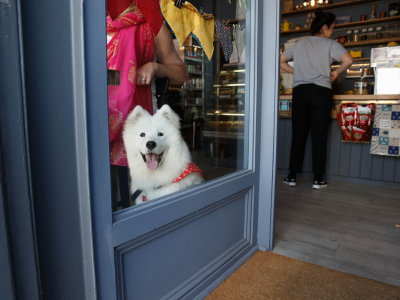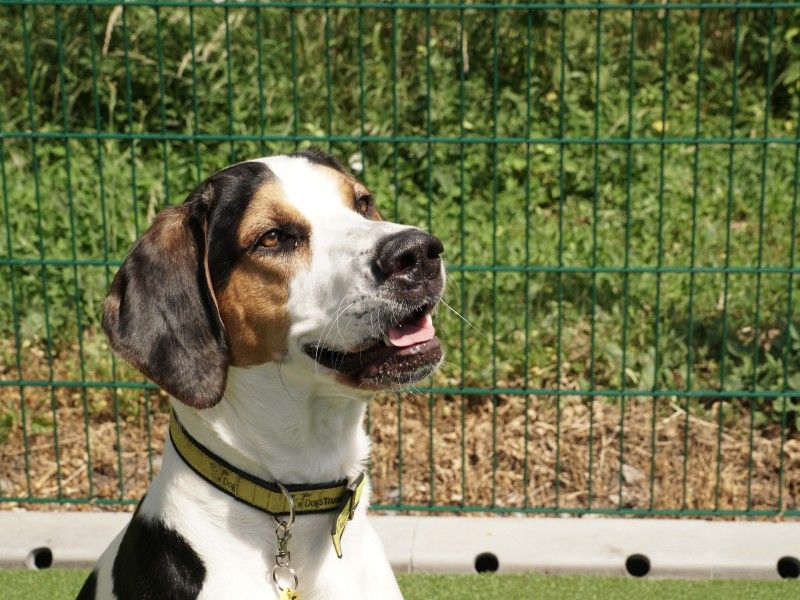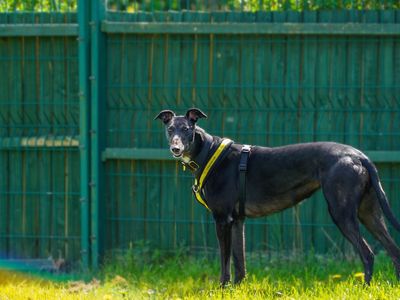
Our advocacy work
Building a better future for dogs in Ireland is a key part of our work. Read more about the ways we're campaigning for dogs and their owners through our advocacy work.

There are still many dog welfare issues in Ireland that need to improve. We believe that the best way to make a difference is to work with the people who can effect change.
We are always working in the background to make Ireland a better place to be a dog and dog owner.
Whether we're lobbying government, petitioning for law changes, or campaigning to raise awareness of key issues: we won't rest until we make Ireland a safe and happy place for dogs, so we never have to let any dog down.
We really appreciate your support (and we know the dogs do too!)
How your support helps
With your support we can bring about the day when all dogs can enjoy a happy life, free from the threat of unnecessary destruction.


.jpg)